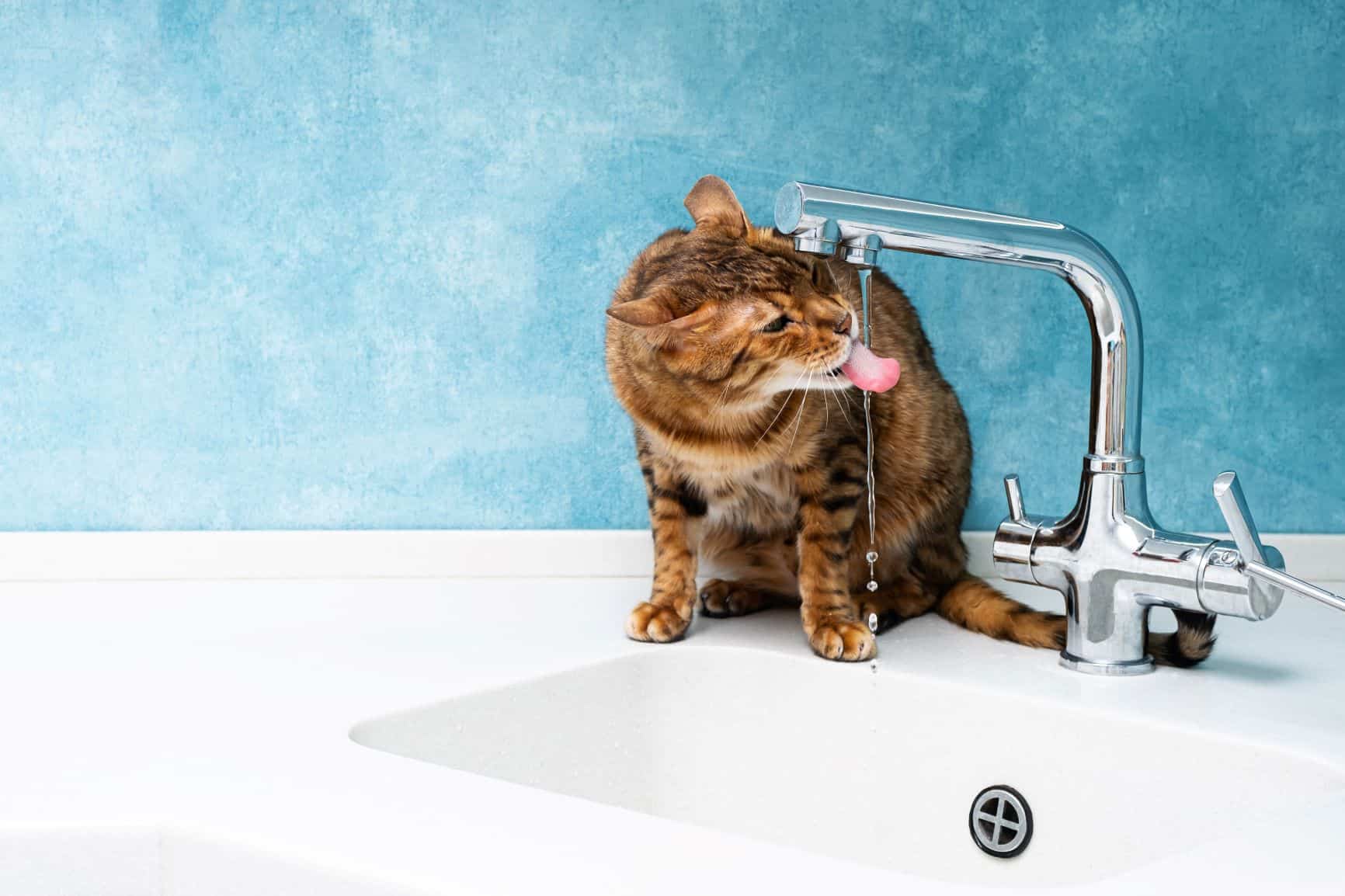When you turn on your faucet to wash your hands or to take a shower, does it take a while for the soap to come off? Are there rings of sediment surrounding your tub? Hard water makes itself known in a few ways, whereas soft water prevents the issues hard water can cause.
Knowing the differences between hard and soft water can help you understand the problems that hard water can cause over time and the benefits that soft water offers you, your family, and your pipes. Here is a quick and simple guide that will break down each:
What is hard water?
Hard water is so-called because of the abundance of minerals in it, such as calcium, iron, and magnesium. When it rains, that water is pure, but when it seeps into the soil, rivers, and bedrock, it takes some of the minerals with it along its journey in the water table. While the minerals in hard water are said to be fine to drink, there can be other negatives to having hard water running through your home. Because of the mineral content, you can see the effects on your dishes, appliances, hair and skin over time.
To determine whether water is hard or soft, we measure how much calcium and magnesium is in the water:
- Soft water has less than 17 parts per million
- Slightly hard water has 17 to 60 parts per million
- Moderately hard water has 60 to 120 parts per million
- Hard water has 120 to 180 parts per million
- Very hard water has greater than 180 parts per million
What is soft water?
Soft water has very small to no amounts of the minerals that are found in hard water. Soft water can be found naturally in rainwater, glaciers and icebergs and especially through water treatment. But remember, just because water is naturally occurring doesn’t mean you should drink it without filtration, as it can have bacteria or pollution in it that you can’t see.
Soft water filters use sodium ions to filter out calcium and magnesium, so there is a small amount of sodium in soft water, but not enough to taste. Soft water has its benefits and that is why many people choose to install water softeners in their home.
What is the difference between hard and soft water?
When comparing the two, the best areas to look at first are impact and budget. Hard water has been known to not only be harder on your appliances and clothing, but energy use as well in the long term.
Appliances
Hard water can leave mineral deposits on the outside of your faucet, tub and other appliances as well as lead to limescale build up on the inside of your pipes. This can lead to your appliances not functioning as well and your pipes clogging. Hard water also leaves stains on fixtures, spots on your dishes, and can discolor clothing in the wash.
Soft water also makes it so you don’t have to use as much dish soap or detergent for your appliances to be effective. You will find your dishes and clothing aren’t spotty with mineral deposits and take less heat to clean as well. With soap being more effective in smaller quantities, you won’t need to use as much water, and this can save you on your monthly water bill.
Is hard water bad for me?
Hard water contains minerals that are good for our health, but experts agree that you shouldn’t try to get your daily mineral content from water. Most tap water is healthy to drink, but beware water that doesn’t have some sort of filtration, as it could contain contaminants that are unsafe to consume. The minerals present in hard water also strip natural oils from your skin, making skin feel dry and itchy. For those who already struggle with dry skin, hard water can make the situation even worse. .
Soft water doesn’t contain minerals, and allows for your hair and skin to get cleaner faster, with less shampoo, conditioner, and soap required, leading to less dry skin and fewer frizzy hair days.
While there is nothing intrinsically dangerous about hard water, as it is fine to drink and use, the high mineral content can lead to some issues you don’t want to deal with long-term. From limescale buildup to a higher water bill, the best option for you and your household is usually a soft water system. Soft water will leave you with clean skin, sparkling dishes and a more friendly energy bill.
Get the benefits of soft water
Independent Water Service can recommend and install the right water filtration system for your specific needs. We offer free water analysis and help you choose which system works for you. Our free water analysis checks for softness, impurities and other factors that may affect your household or business’ water. We offer systems for both residential and commercial spaces.
We proudly serve Yakima and Kittitas Counties and have been your local trusted water service since 1986. Call to schedule your free water analysis today!

